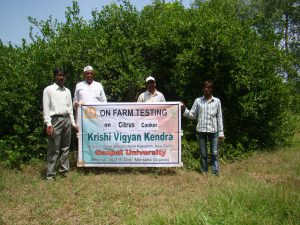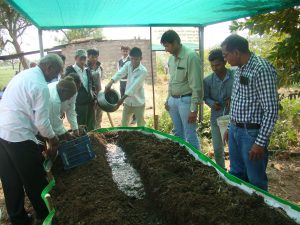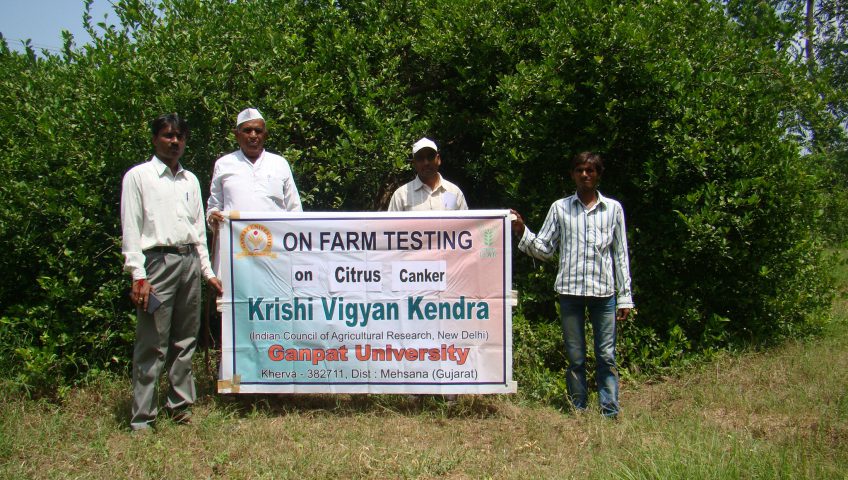Horticulure Farming


Horticultural products include all products, raw or processed, that arise from the horticultural industry. This broadly inclusive definition is appropriate and even necessary in a time when traceability from the producer to the ultimate consumer is of growing interest to government and industry. Products from horticultural industry that go to market still respiring (fresh produce) are clearly horticultural products. When juiced, sliced or pureed, fermented, frozen, preserved, canned, dried, irradiated, or used in an ornamental construct (such as a flower arrangement) they remain, in our view, a horticultural product. However, when a horticultural product becomes a major ingredient of another manufactured item the categorization becomes more complex. Thus, when apples are used to make apple pie or yogurt is fortified with fruit, the product can be considered both a horticultural product and a bakery or dairy product.
Horticultural Crops
But to use this definition of a horticultural product, it is necessary to know what crops are appropriately assigned to horticultural industry. It is generally accepted by researchers and educators in horticultural science that horticultural crops include:
- tree, bush and perennial vine fruits;
- perennial bush and tree nuts;
- vegetables (roots, tubers, shoots, stems, leaves, fruits and flowers of edible and mainly annual plants);
- aromatic and medicinal foliage, seeds and roots (from annual or perennial plants);
- cut flowers, potted ornamental plants, and bedding plants (involving both annual or perennial plants); and
- trees, shrubs, turf and ornamental grasses propagated and produced in nurseries for use in landscaping or for establishing fruit orchards or other crop production units.
Sometimes the horticultural plant is used by an animal to produce the crop. Honey is a good example and is often considered to be a horticultural product. Raw silk is produced by silkworms feeding on mulberry trees (which also produce an edible fruit) but silk is not a horticultural crop. In Canada both honey and maple syrup are classed as horticultural crops. Cultivated or gathered mushrooms (edible fungi) are most often classed as horticultural crops.
